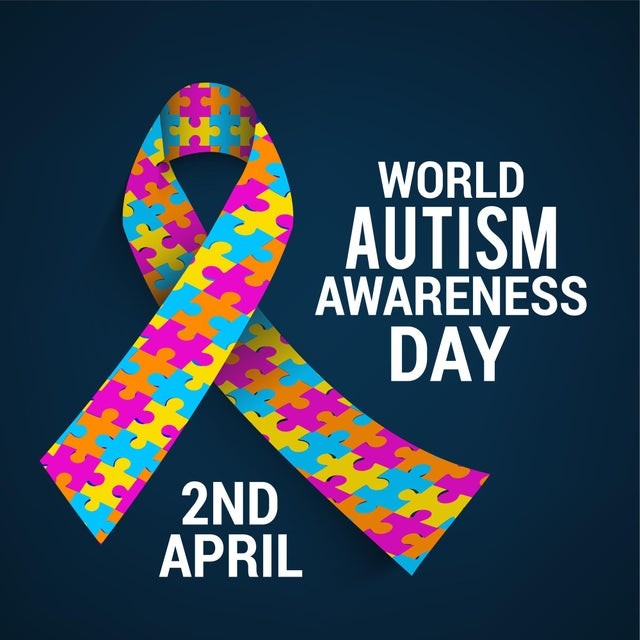Shining the light on autism

Not sure much was known about autism, or Autism Spectrum Disorder (ASD), forty years ago. It has seemingly become more prevalent in the past few decades, or at least diagnoses have improved.
April is designated Autism Month which is about raising awareness, acceptance and inclusion of autism. More than 205,000 Australians are autistic and one in four have a family member on the autism spectrum. The developmental disorder that affects how people perceive and interact with the world is called a ‘spectrum’ because it includes a wide range of symptoms and levels of severity.
People with autism experience challenges in social communication, behaviour, and interaction.
The core symptoms of autism typically appear in early childhood and can vary greatly from one person to another. One common characteristic is difficulty with social interactions. People may struggle to understand social signs, such as body language, facial expressions, or tone of voice. They could also have difficulty starting or maintaining conversation.

Many individuals with autism show repetitive behaviours or restricted interests and may engage in repetitive motions, such as hand-flapping or rocking, or fixate on specific topics or activities.
Many also experience heightened or diminished sensitivity to sounds, lights, textures, or smells, and be overwhelmed by bright lights or the hum of a fluorescent bulb. These sensitivities can lead to sensory overload, which may result in anxiety, irritability, or meltdowns.
Despite these challenges, people with autism can have significant abilities and talents. Some individuals excel in specific areas, such as mathematics, music, art, or memory.
The causes are not fully understood, but research suggests that genetics and environmental factors both play a role. While there is no single test to identify autism, it is diagnosed through observation, interviews with caregivers, and developmental assessments.
Early intervention is critical, as it can help children with autism develop important social, communication, and behavioural skills.Therapies such as applied behaviour analysis (ABA), speech therapy, and occupational therapy are commonly used to support individuals with autism.
More details about autism are available at Autism Awareness Australia: www.autismawareness.com.au
Footnote: World Autism Awareness Day is held annually on April 2. This year’s theme is ‘Advancing Neurodiversity and the UN Sustainable Development Goals (SDGs)’.
We encourage you to share and use this material on your own website. However, when using materials from Majellan Media’s website, please include the following in your citation: Sourced from www.majellan.media
